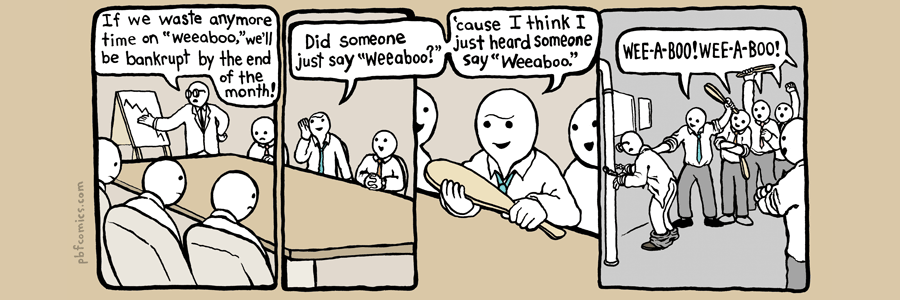https://ny.eater.com/2017/6/30/15841234/david-bouhadana-japanese-accent-sushi-chef
To clarify, the chef is not Japanese nor Japanese American, he's a white American.
David Bouhadana is the most aggressively cool sushi chef in New York City. After years of steady regard, he upped his profile dramatically a couple of years ago following a well-calculated rebellion against the Department of Health over not wearing gloves while preparing sushi, a fight that led to his firing from Sushi Dojo. Since then, he has seen more acclaim for his sake-soaked omakase dinners, including from Eater.
Multiple sources, including tipsters and Eater staffers, have seen him speaking in the accent during the meal — a component of the party-like atmosphere he's known for bringing to his restaurants. During service, he casually moves from speaking Japanese, to speaking English with a fake Japanese intonation, to speaking English in his natural American accent. For instance, he might present a fish in English, say ”oishi, oishi" (Japanese for delicious), and then follow it up with ”dericious, dericious" in his version of a Japanese accent.
When I called Bouhadana to talk about it, he confirmed he does this. He characterized these bits of accented English as ”little fun jokes," which he likened to how the Japanese chefs who work for him use an American accent while quoting Drake songs. ”Maybe in my mind I think I'm Japanese," he said.
But here's the thing: That role as a cultural liaison is exactly what makes his ”little fun jokes" so galling. Bouhadana is not just an ordinary white person inadvertently mocking Asian people for sounding different, but one who has accrued the visibility and authority to make a legitimate claim as an ambassador for Japanese culture and cuisine. He's sold himself as a teacher and a translator, making his ignorance of the malicious history of the caricatured Asian accent not just offensive, but harmful. Not only is he demeaning the people whose culture he sells, he's spreading a message to diners that what he's doing is acceptable. When someone like him — who apprenticed in Japan for three years, who runs a captivating restaurant, and who has been written up in the Times — feels like he has the right to fake a Japanese accent as a joke, it encourages others to feel that way, too.
Undoubtedly, some people will point out that modern Asian-American chefs have ironically embraced the accent in their restaurants; Eddie Huang once described a restaurant as ”dericious" on a sign, and David Chang wrapped Fuku chicken sandwiches in bags that also said ”dericious." It should go without saying that it's not the same thing — an Asian-American using the word ”dericious" is an attempt to reclaim a slur, similar to the way some feminists now use the word ”slut." Nor is putting on an exaggerated American accent, like the one Bouhadana says his Japanese chefs sometimes use, analogous: The ”standard" American accent is the mainstream dialect, imbued with cultural capital and power, and adopting it is a matter of survival and assimilation for immigrants who aren't white, particularly for Asian-Americans. Mocking the powerful is different than mocking the marginalized.
To clarify, the chef is not Japanese nor Japanese American, he's a white American.


